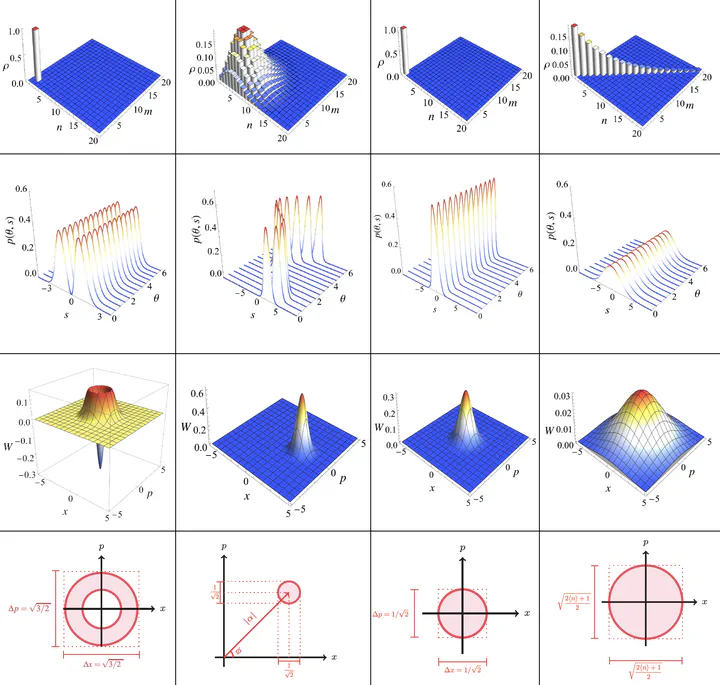Measuring Wigner functions of quantum states of light in the undergraduate lab
May 15, 2023· ,,·
1 min read
,,·
1 min read
Juan Rafael Alvarez
Andrés Martínez Silva
Alejandra Valencia
 Image credit: Unsplash
Image credit: UnsplashAbstract
We present an educational activity for measuring Wigner distribution functions of quantum states of light in the undergraduate laboratory. The activity was implemented by undergraduate students in different courses of the undergraduate curriculum, and the resulting activity was tested by different students of an introductory Quantum Optics course at the Universidad de los Andes in Bogotá, Colombia. The activity consists of a two-hour laboratory practice where students work in a pre-aligned experimental setup and then use an open-access, custom made computational graphical user interface that enables the reconstruction of the Wigner distribution function. Since the testing of the activity coincided with the COVID-19 pandemic, the possibility of analyzing simulated data was included in the computational user interface. The activity is now running for in-person classes and its virtual feature is now valuable for the implementation of distance learning of Quantum Optics.
Type
Publication
In “Seventeenth Conference on Education and Training in Optics and Photonics”
We present an educational activity for measuring Wigner distribution functions of quantum states of light in the undergraduate laboratory. The activity was implemented by undergraduate students in different courses of the undergraduate curriculum, and the resulting activity was tested by different students of an introductory Quantum Optics course at the Universidad de los Andes in Bogotá, Colombia. The activity consists of a two-hour laboratory practice where students work in a pre-aligned experimental setup and then use an open-access, custom made computational graphical user interface that enables the reconstruction of the Wigner distribution function. Since the testing of the activity coincided with the COVID-19 pandemic, the possibility of analyzing simulated data was included in the computational user interface. The activity is now running for in-person classes and its virtual feature is now valuable for the implementation of distance learning of Quantum Optics.